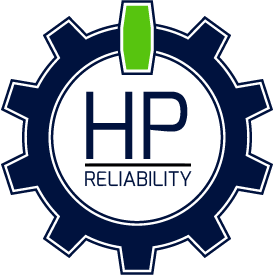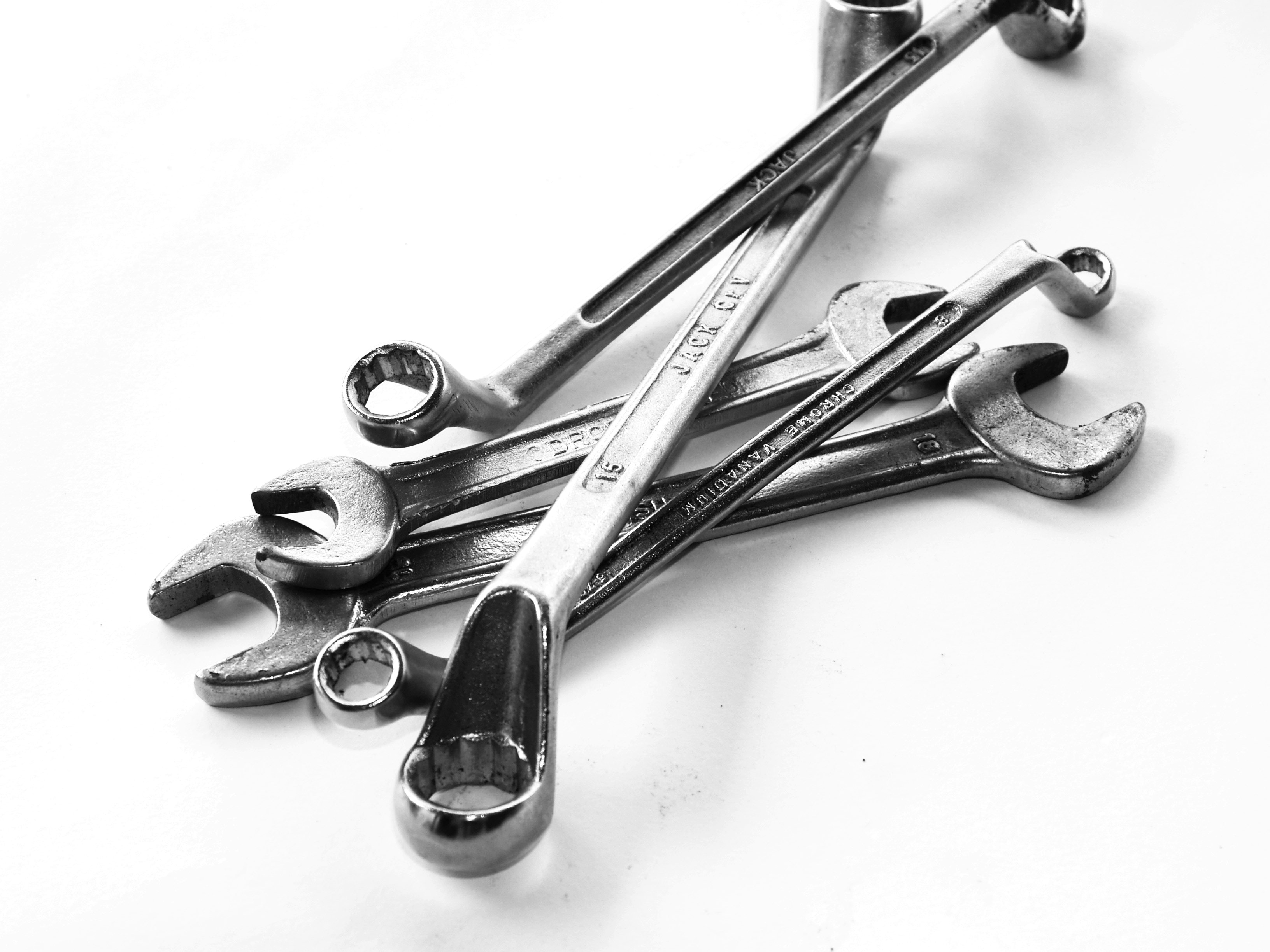Taking a Lean Approach to PM Optimization
How You Have Your PMs Addressing The Right Issues, Make The Effective
 In the previous articles, we looked at what type of analysis to use to evaluate the effectiveness of the PMs and if they are cost effective. Once the PMs have been optimized to ensure they are addressing the right failure modes, then they need to be made efficient. Below is an excerpt from a recent article in SMRP’s Solutions Magazine on how to make PM efficient using the lean tools.
In the previous articles, we looked at what type of analysis to use to evaluate the effectiveness of the PMs and if they are cost effective. Once the PMs have been optimized to ensure they are addressing the right failure modes, then they need to be made efficient. Below is an excerpt from a recent article in SMRP’s Solutions Magazine on how to make PM efficient using the lean tools.
PM Optimization is often thought of as an […]
Using Simplified Technical English to Write Effective Maintenance Procedures
Reduce the Variability in Your Work Routines and Procedures
 Based on our understanding of the six failure patterns, we can see that there is a large probability of failure when the equipment is first installed and started up. One of the Englisch causes of this increase in probability is the fact that the equipment was not installed or maintained correctly. This may be due to the installer or maintainer not using or following procedures. Having procedures is the first step to reducing these failures, but the procedures must be written in a clear, […]
Based on our understanding of the six failure patterns, we can see that there is a large probability of failure when the equipment is first installed and started up. One of the Englisch causes of this increase in probability is the fact that the equipment was not installed or maintained correctly. This may be due to the installer or maintainer not using or following procedures. Having procedures is the first step to reducing these failures, but the procedures must be written in a clear, […]
Standardize Your Maintenance & Reliability Program
Utilizing Recognized Standards in Your Maintenance & Reliability Program
 Imagine being able to easily share information across sites or even organizations. Or how about utilizing a risk management framework that is recognized and agreed upon by all in the organization. Benchmarking made easy? Standards enable this.
Imagine being able to easily share information across sites or even organizations. Or how about utilizing a risk management framework that is recognized and agreed upon by all in the organization. Benchmarking made easy? Standards enable this.
Why is it organizations spend countless hours developing a framework, templates, and a procedure for a routine activity? It provides standardization, and in turn reduces costs. What if we could have those same benefits, without all of the hours invested up front?
This is a reality, and it involves […]
Standards? We Don’t Need No Stinking Standards
How Your Organization Can Benefit from Standardization
 Imagine if every day you had to relearn a process or use a different CMMS. Chances are you would get virtually nothing accomplished, leaving your plant operating poorly. Now we all know that we having to relearn a process every day or using a new CMMS is not practical nor is it rooted in reality (not to be confused with the Rooted in Reliability podcast). But this type of thing happens more often than you may think.
Imagine if every day you had to relearn a process or use a different CMMS. Chances are you would get virtually nothing accomplished, leaving your plant operating poorly. Now we all know that we having to relearn a process every day or using a new CMMS is not practical nor is it rooted in reality (not to be confused with the Rooted in Reliability podcast). But this type of thing happens more often than you may think.
When people change positions in an organization, the […]

